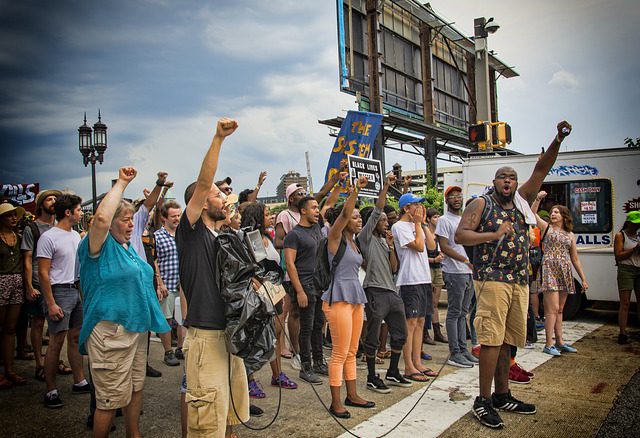Brand marketing has evolved from product-centric to consumer-centric to values-centric today. CSR (corporate social responsibility) has become an essential ingredient in the marketing strategy and an integral part of the day-to-day operations of most companies. Importantly this emerging role of CSR has expanded the traditional principles of capitalism about financial performance or maximizing shareholder wealth. Most executives now recognize that there must be a balance between profitability and corporate responsibility.
The rise of CSR reflects the changing values of consumers. A Nielsen survey in 2015 of 30,000 consumers worldwide revealed that 67% prefer to work for socially responsible companies, and 55% will pay extra for products and services from companies committed to a positive social and environmental impact.
More recent studies show how the 60 million millennials in the US have become the main driver for demanding that companies incorporate CSR into their mission and corporate values. According to a 2017 survey by Cone Communications of Omnicon:
- The spending power of this millennial generation is larger than any other generation: $2.45 trillion, a huge potential that cannot be ignored
- 75% of millennials donate to charity and 60% volunteer for a worthy cause
- 60% are more likely to engage with brands that endorse social causes
The positive response from major companies has certainly benefited their brand image, even improving their stock prices. Surveys by the Reputation Institute show that the highest brand reputation scores for CSR initiatives belong to the most successful companies, e.g. Google, Microsoft, Walt Disney, BMW, and Apple. Other noteworthy companies actually started with social responsibility as the key value cornerstone for their success – Patagonia, Whole Foods, Burt’s Bees, Ben and Jerry’s, etc.
To date most CSR actions have focused on causes that are relevant to customers, such as the environment. More and more, millennials are scrutinizing the sincerity of these causes however, and are demanding that such initiatives be authentic with real deliverables. They also want to know what companies genuinely stand for now – their true values. And social media has proven to be the ideal medium for sharing their opinions on CSR actions.
Looking forward, the impetus behind this CSR trend for contributing to society just had a dramatic uplift. Whereas the push behind CSR has come mainly from consumers, the newest stakeholder to demand that companies respond to societal challenges is the investment community. In particular, Laurence Fink, founder and CEO of BlackRock, the largest investor in the world with $6 trillion in investments, announced in January that “companies need to do more than make profits – they need to contribute to society as well if they want to receive the support of BlackRock”. This is a watershed event for Wall Street, as BlackRock even declared that they will hold companies accountable for how well they make a positive contribution to society.
Related to this is the rise of social activism. The brand image of companies is now being influenced by more humanistic values, including issues such as diversity, immigration policy, gay rights, gender equality, sexual harassment and especially pay equity. Social activists are more closely examining these humanistic vulnerabilities in companies and aggressively leveraging them to make changes in Boards of Directors. For example, the pay equity issue has three dimensions that are being carefully analyzed:
- the range of compensation from the lowest to the highest, measured by a comparison to the median employee pay (e.g. the Pepsi CEO makes 650 times the median pay – $31 million: $47,000)
- do women make the same as men, and how wide is the discrepancy
- is there pay equity across all levels – e.g. by region, gender, ethnic segments, etc.
Companies must become more sensitive to their vulnerabilities and potential threats from social activists – i.e. what their “brand risk” is. At a minimum, executives should be better prepared by recognizing their exposure, identifying such humanistic and socio-economic gaps and correcting them. And smart companies can be more proactive, even turning these challenges into opportunities that will create new benefits for their brand reputation. The key to good branding is to cultivate and nurture a trustful, engaging bond with all stakeholders. Taking the initiative and developing innovative solutions will certainly strengthen their brand relationship with customers, employees and now even investors who are beginning to include brand risk threats in their due diligence.




